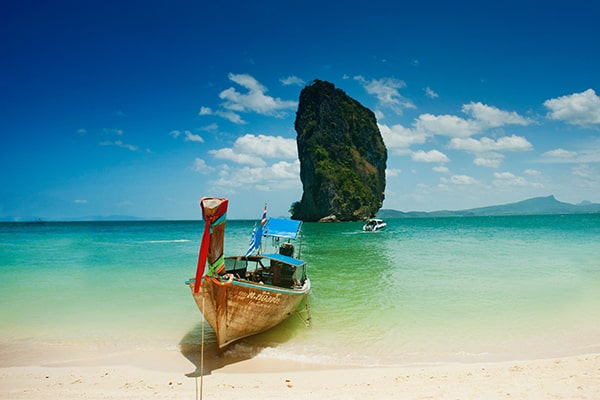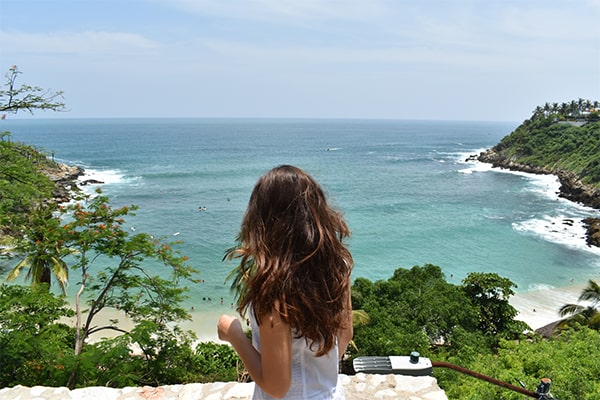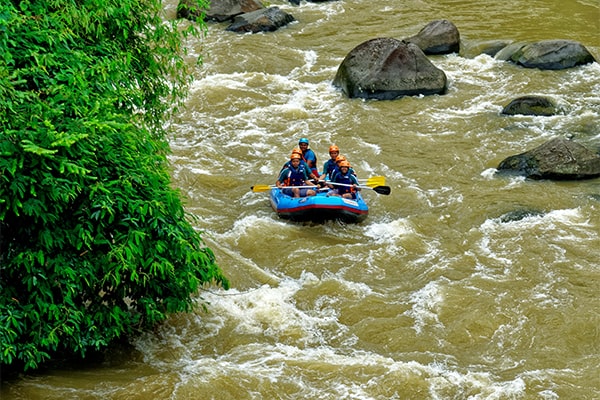Gallery






Newsletter
Get updates and stay informed
Yes, Albania is generally considered a safe country for travelers and residents. Like any destination, it's important to exercise common sense and take standard safety precautions. Petty crime can occur, particularly in tourist areas, so it's advisable to be vigilant with your belongings. However, violent crime against tourists is rare. The country boasts a rich cultural heritage, stunning landscapes, and friendly locals, making it a rewarding destination for those who visit.
In Albania, the currency used is LEK. You can check the current exchange rate to Euro here: View EUR-ALL on Google Finance
The estimated population of Albania was about 2.8 million people according to the World Bank (April 2023).
Yes and No. In Albania, card usage is not as widespread as in most Western countries. While major supermarket chains and most restaurants accept cards, for smaller shops and local vendors, CASH IS KING. It's recommended to carry some cash with you, especially when visiting smaller establishments or rural areas.
In Albania, the official language is Albanian. However, English is increasingly popular, especially among younger generations and in urban areas. Many Albanians who work in the tourism industry, as well as those with higher education, are likely to speak English to some degree.
In tourist destinations and larger cities like Tirana, you will find that many people, particularly those in the service industry (hotels, restaurants, shops), speak English. However, in rural areas and among older generations, English proficiency may be less common.
It's always appreciated when visitors learn a few basic phrases in Albanian, but English speakers should generally find it manageable to communicate in tourist areas and major cities in Albania.
Albania is located in Southeast Europe on the Balkan Peninsula. It's bordered by Montenegro to the northwest, Kosovo to the northeast, North Macedonia to the east, and Greece to the south. To its west, Albania has a coastline along the Adriatic Sea, and to the southwest, it borders the Ionian Sea. This strategic location gives Albania a mix of Mediterranean and Balkan cultural influences and a diverse range of landscapes, including beautiful coastlines, mountains, and rivers. The capital and largest city of Albania is Tirana, situated in the central part of the country.
Albania is not a member of the European Union (EU). However, it has been officially recognized as a candidate for EU membership since June 2014. The process of joining the EU involves meeting a range of political and economic criteria, and it can be a lengthy and complex process.
Albania has been working towards meeting these criteria, including reforms in various sectors such as judiciary, public administration, and human rights. The timeline for Albania's accession to the EU is uncertain and depends on the progress of negotiations and reforms.
Albania offers numerous attractions including:
Albania typically has a Mediterranean climate with hot, dry summers and mild, wet winters. The coastal areas experience typical Mediterranean weather, while the inland areas have more continental climate characteristics. The best time to visit depends on your interests - summer for beaches, spring/autumn for hiking and cultural sites.
Albanian cuisine is influenced by Mediterranean and Balkan flavors, featuring a variety of dishes with fresh vegetables, meats, and seafood. Popular dishes include: